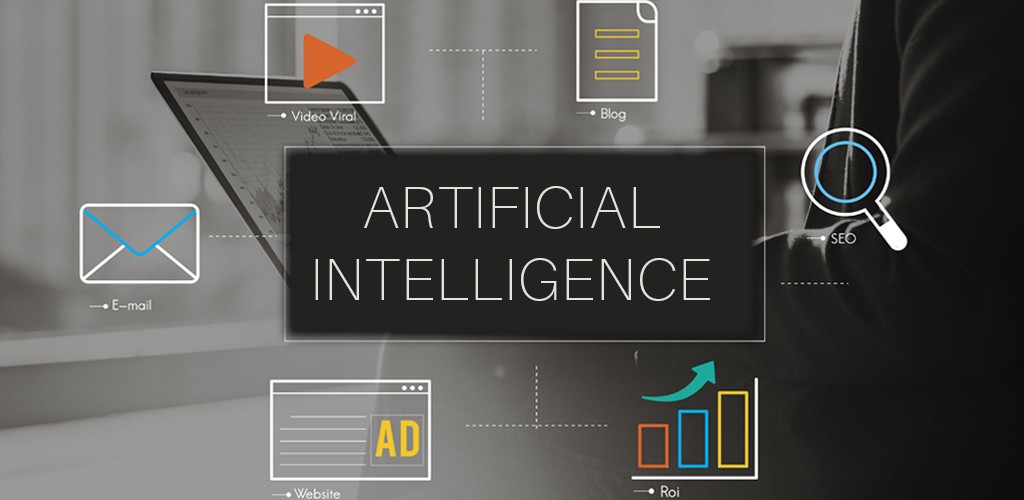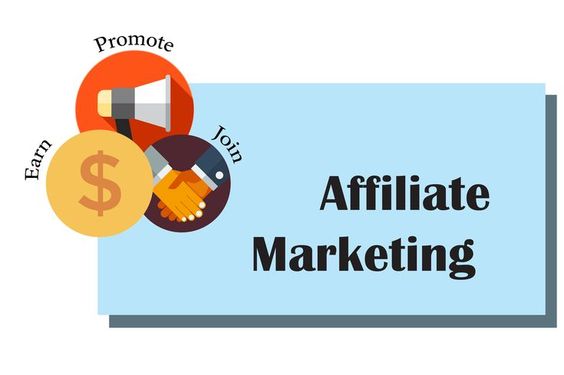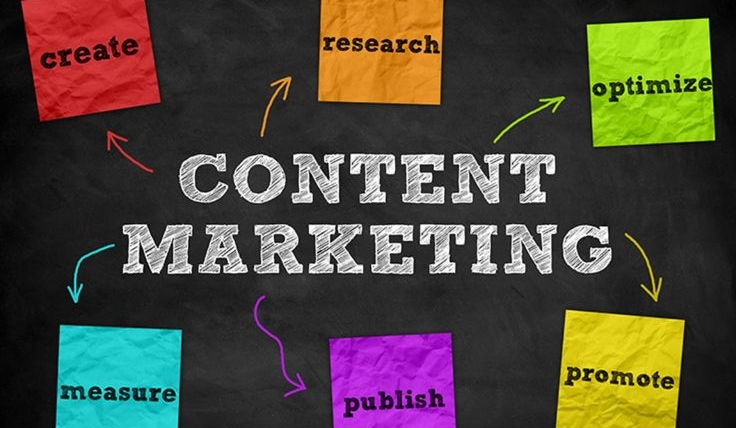Artificial Intelligence’s Role in Enterprise Digital Marketing Strategies
Artificial Intelligence (AI) is being used by companies more and more in digital marketing to improve their campaigns and boost ROI. These are a few examples of how businesses are using AI in digital marketing.
What is AI in Digital Marketing?
The implementation of Artificial Intelligence (AI) technology and strategies to improve and optimize digital marketing campaigns, procedures, and strategies is known as AI in digital marketing. In digital marketing, artificial intelligence (AI) entails utilizing machine learning, natural language processing, automation, data analysis, and insights to evaluate vast volumes of data, derive conclusions, and make informed decisions for marketing initiatives.
Artificial Intelligence (AI) has a wide range of applications in digital marketing, including content production, social media management, email marketing automation, customization, customer segmentation, ad campaign optimization, and SEO optimization. Through the analysis of user behavior, preferences, and demographic data, AI-powered tools and algorithms may optimize marketing campaigns, automate tedious processes, and enhance overall marketing performance in addition to delivering personalized experiences.
In general, artificial intelligence (AI) in digital marketing helps companies to use data-driven insights, automation, and personalization to improve customer experiences, boost marketing efforts, and produce better marketing outcomes.
How Can AI Help Companies with Digital Marketing?
Companies and brands can better utilize the advantages of digital marketing with the aid of artificial intelligence (AI). With the use of this technology, many approaches to communicating with the intended audience can be developed. Artificial Intelligence technology makes it possible for digital marketers to gather data on both current and potential clients.
With an initial stage, artificial intelligence can process and evaluate large amounts of data in real time. Digital marketers may, in a sense, develop competitive marketing strategies with the big picture in mind. Digital marketing efforts can benefit greatly from the application of AI technology, particularly when combined with machine learning and Natural Language Processing (NLP), one of its branches. Along with social media marketing tactics, these ground-breaking ideas can provide real-time customer service, email concepts, and targeted content recommendations.
Personalized Content: To allow to deliver personalized information, AI systems examine user behavior, preferences, and demographics. This includes material on websites that boosts engagement and conversion rates, as well as product recommendations and personalized mailings.
Chatbots and Virtual Assistants: Chatbots and virtual assistants with AI capabilities are used to automate consumer interactions and offer prompt answers to customer questions. In addition to saving time and money, this also helps to improve customer service and improves the user experience overall.
Predictive Analytics: In order to forecast client behavior, preferences, and future market trends, artificial intelligence (AI) systems examine vast volumes of data in order to find patterns and trends. As a result, businesses may improve their marketing efforts for better outcomes and make data-driven decisions.
Ad Campaign Optimization: AI systems examine user behavior, preference, and ad interaction data to optimize digital advertising campaigns. This aids in improving ad performance, optimizing ad expenditure, and delivering tailored advertisements to the appropriate audience.
Content Creation: Content creation technologies that use artificial intelligence (AI) are used to create blog posts, social media posts, and product descriptions. These tools generate material that is interesting, pertinent, and search engine optimized through the use of machine learning algorithms and natural language processing (NLP).
Social media Management: To improve social media marketing strategies, artificial intelligence (AI) algorithms examine social media data, including user behavior, sentiment, and trends. Content scheduling, sentiment analysis, social media listening, and social media ad targeting are all included in this.
Voice Search Optimization: Companies are utilizing AI to improve their websites and content for voice search due to the rising popularity of voice assistants like Google Assistant and Alexa from Amazon. This entails giving voice-enabled search tools on their websites and optimizing material for voice-based inquiries.
Customer Segmentation: AI algorithms assist create tailored marketing efforts by segmenting customers based on their demographics, activity, and preferences. This enables businesses to target particular customer segments with tailored offers and promotions for improved outcomes.
Email marketing Automation: Email marketing solutions with AI capabilities automate the process of delivering clients customized messages based on their past interactions, behavior, and preferences. This enhances email marketing performance overall as well as email open and click-through rates.
SEO Optimization: In order to maximize search engine optimization (SEO) tactics, artificial intelligence (AI) algorithms examine data on user behavior, search patterns, and website performance. For higher search engine ranks, this also entails keyword research, on-page optimization, and content optimization.
Companies are using artificial intelligence (AI) in a variety of ways to boost campaign optimization, automate workflows, increase personalization, and boost overall marketing success. AI is helping businesses make data-driven decisions and provide better consumer experiences, which improves marketing outcomes and spurs corporate expansion.
How Will Artificial Intelligence Impact Marketing in the Future?
It has been predicted that artificial intelligence (AI) in marketing would have a revolutionary impact due to ongoing technological developments and growing industry usage. The upcoming advancements and trends listed below could influence how artificial intelligence is used in marketing:
Hyper-Personalization: AI algorithms will develop further and make even more advanced personalization possible in marketing. In order to improve customer experiences and increase engagement, this involves providing highly targeted and tailored content, offers, and suggestions to specific customers based on their behavior, preferences, and context.
Predictive Analytics and Insights: Predictive analytics will be a key component of AI’s continued use to mine massive data sets for insights and produce useful suggestions for marketing tactics. Marketers will be able to forecast consumer behavior, spot patterns, and make data-driven decisions thanks to sophisticated machine learning algorithms, which will result in more successful marketing campaigns and better business outcomes.
Enhanced Customer Journey Mapping: The mapping and analysis of the consumer journey across many touchpoints, channels, and devices will be greatly aided by artificial intelligence. As a result, marketers will be able to maximize their efforts at every point of the customer journey and obtain a comprehensive understanding of it, improving customer experiences and increasing conversion rates.
AI-Driven Automation: AI will significantly improve automation, enabling more streamlined and effective marketing procedures. With the help of AI-powered solutions, marketers will be able to concentrate on strategic objectives and creative endeavors by automating repetitive processes like email marketing, social media management, and content development.
Voice and Visual Search: Voice assistants and visual search are becoming more and more common, and artificial intelligence (AI) will be essential to improving marketing tactics for these new technologies. This entails using AI to power voice-activated chatbots and virtual assistants, as well as optimizing content for visual and voice-based search queries.
Ethical and Responsible AI: The utilization of AI in marketing is expected to rise, and ethical and responsible applications of AI will receive increasing attention. This entails addressing potential biases and privacy problems in addition to guaranteeing responsibility, justice, and openness in AI algorithms and procedures.
Augmented and Virtual Reality: In order to develop immersive and customized marketing experiences, artificial intelligence (AI) will continue to be integrated with augmented reality (AR) and virtual reality (VR) technology. This involves utilizing AI in AR and VR applications for personalized suggestions, user behavior analysis, and content creation.
Cross-Channel Integration: AI will make it possible for marketing initiatives to be more effectively integrated and coordinated across a variety of touchpoints and channels, such as social media, email, search, mobile, and offline channels. This will make it possible for marketers to provide smooth, unified consumer experiences across a variety of media, which will increase client loyalty and engagement.
Data-Driven Decision Making: AI will keep giving marketers the ability to make data-driven decisions. Marketers will be able to gain a deeper understanding of consumer behavior, tastes, and market trends with the use of advanced data analytics, machine learning, and AI-powered insights. This will improve marketing tactics and yield better business results.
Artificial Intelligence (AI) in marketing has enormous potential to propel innovation, enhance consumer experiences, and provide more potent marketing campaigns. Marketers can anticipate AI playing a bigger and bigger part in determining the direction of marketing as long as technology and AI continue to advance.
Do you want to incorporate artificial intelligence into your digital marketing plan? Let’s talk about the scope and avoid wasting time looking for other agencies by getting in touch. Get in contact to use AI to improve the polish and focus of your marketing plan and increase marketing return on investment!




